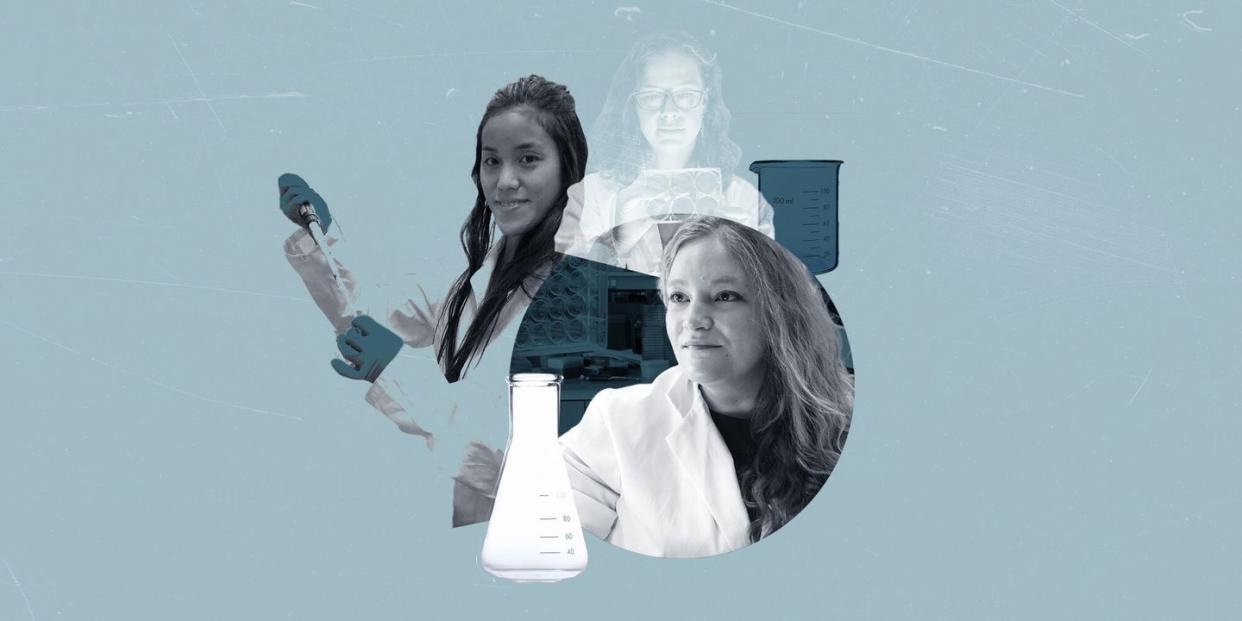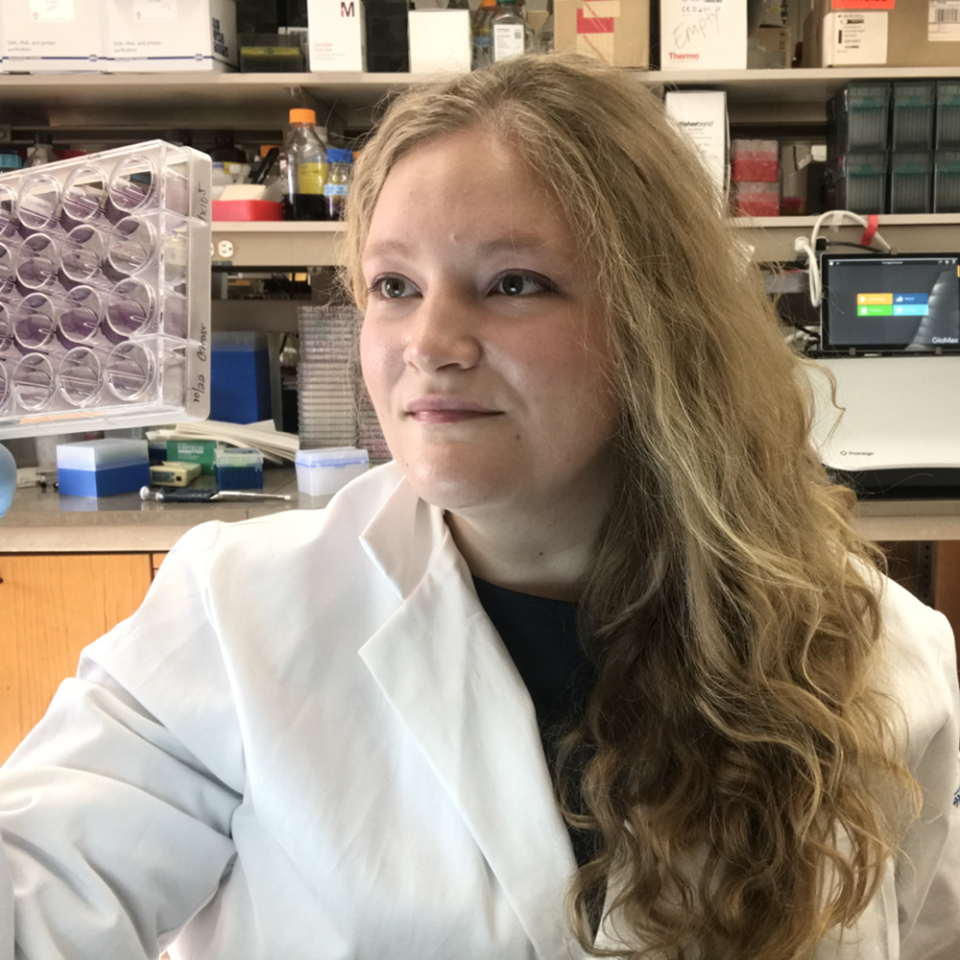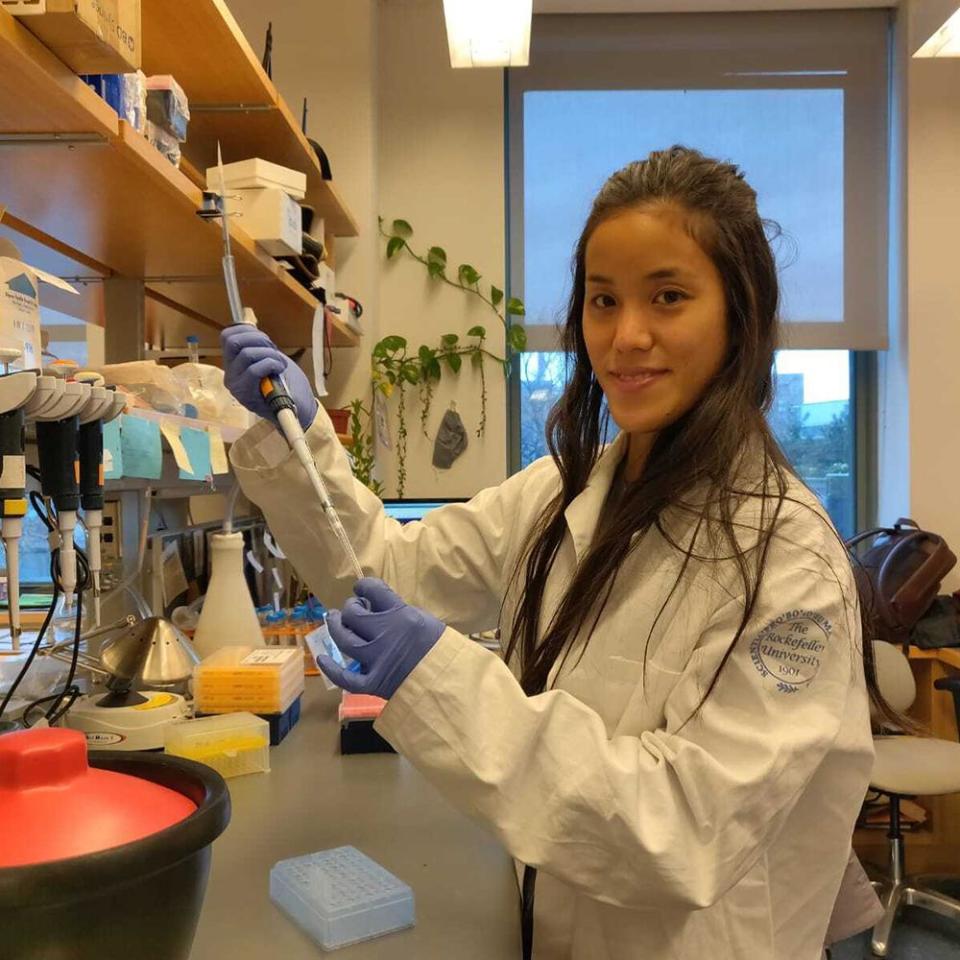Bulgari Sponsors COVID-19 Research Fellowships at The Rockefeller University

Bulgari is furthering its commitment to supporting the global fight against COVID-19 through the newly created Bulgari Women & Science Fellowship in COVID-19 Research at The Rockefeller University, which supports female graduate students and postdoctoral scholars who are studying the disease at the New York biomedical research institution.
The Italian jewelry brand has lent a helping hand since the early days of the pandemic when it converted its fragrance manufacturing facilities to produce hand sanitizer for donation to hospitals across Italy, Switzerland, and the United Kingdom. Bulgari also created the Bulgari Virus Free Fund to support the study of COVID-19 at research centers including Romeʼs Lazzaro Spallanzani National Institute for Infectious Diseases, the first to sequence SARS-CoV-2, the virus that causes COVID-19; and the University of Oxfordʼs Jenner Institute, which developed a COVID-19 vaccine in partnership with AstraZeneca.

The Rockefeller University program is the first project in the United States to receive financial support from the Bulgari Virus Free Fund. It dovetails with the school’s own Women & Science Initiative, which seeks to advance the careers of female scientists who have been historically underrepresented in most scientific disciplines. There are currently more than 75 female scientists working on COVID-19-related projects at the university.
“As a luxury brand with a leading position on gender equality and feminine power as well as a privileged connection as a jeweler with strong and resilient women, we wanted to support female scientists and researchers embodying the ability to pursue new paths in research and in the development of new therapies,” says Bulgari CEO Jean-Christophe Babin. “We believe that they will make the difference. It is an honor to support the brilliant young scientific minds of tomorrow and work closely with the world-leading Rockefeller University to embrace a common vision in the fight against COVID-19 and future pandemics.”

The 2020–21 Bulgari Women & Science Fellows are Frauke Muechsch, Ph.D., and Inna Ricardo-Lax, Ph.D., both postdocs in virology; and Sandra Nakandakari, a graduate student in immunology. All three pivoted from their normal research areas last year to help in the global effort to identify new treatments and a cure for COVID-19.
“The way we work has changed a lot during the pandemic,” says Muechsch, an HIV specialist who developed a rapid test for high antibody levels in blood from recovered COVID-19 patients. “We have formed very close collaborations with other research teams on and off campus and working in this huge team, where people with different expertise come together and everyone has the very same goal, has been a truly rewarding experience.” An experimental monoclonal antibody drug based on highly potent antibodies is now in clinical trials at the university.

Ricardo-Lax also appreciates the highly collaborative nature of research during the pandemic. “The work has been fueled with adrenaline, and we are working extremely hard because our work has real-life consequences and hopefully can save lives,” she says. She previously studied a range of viruses including influenza, Coxsackievirus, and yellow fever, and in her new research engineers replicons of the SARS-CoV-2 genome that can be used to safely study the new virus without the risk of exposure.
“As vaccines are being distributed, there are still many unknowns around the pathology and immune response to COVID-19,” says Nakandakari, who studies antibodies and developed a mouse model that she hopes will be used to explain variable immune response to COVID-19. “We still don’t know how long does natural or vaccine immunity lasts, why some people experience long-term health consequences after infection, or how come young, seemingly immunocompetent individuals develop severe symptoms. Therefore, the continuation of this research is essential to fully control this pandemic and be better prepared in case of future outbreaks, and the Bulgari fellowship is protecting these goals.”
You Might Also Like

